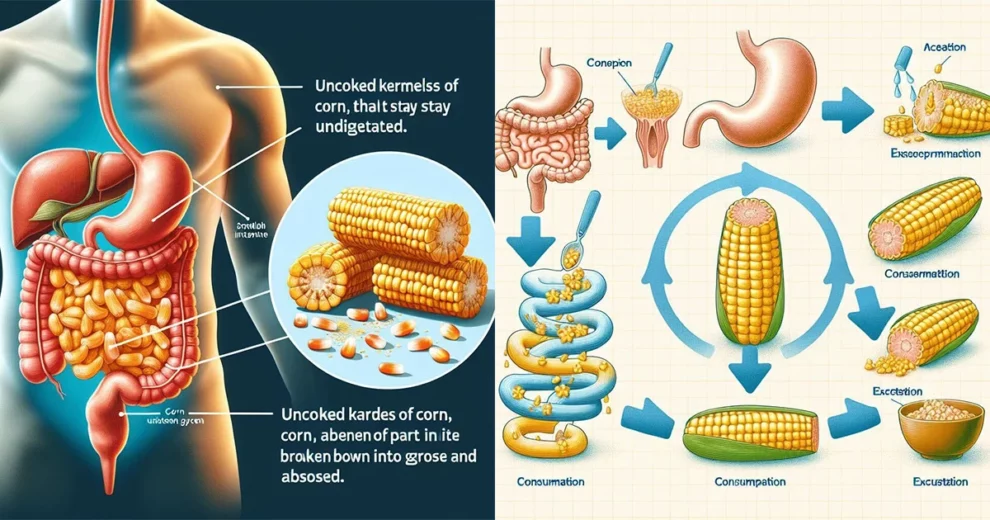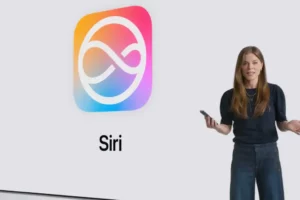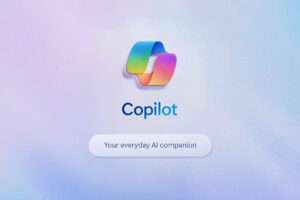Search engine giant Google’s image results have taken a surreal turn as artificial intelligence-generated content infiltrates even the most basic health queries. A recent discovery highlights how AI-generated nonsense is increasingly dominating search results, potentially misleading users seeking simple medical information.
Twitter account “Insane Facebook AI Slop” recently exposed a startling example: searching for “does corn get digested” now returns predominantly AI-generated images that present wildly inaccurate and often absurd depictions of the human digestive process. The top search results, stemming from suspicious spam blogs allegedly selling nutritional products from China, showcase a concerning trend in the deterioration of search result quality.
These AI-generated graphics present scientifically impossible scenarios, including corn kernels accumulating outside the intestinal tract and even sprouting vines that wrap around internal organs. The images are accompanied by nearly incomprehensible text, with garbled captions referring to “uncoked kermelss” and “sttomach,” rendering them not just useless but potentially misleading for users seeking legitimate health information.
The phenomenon extends beyond mere visual oddities. The spam blogs hosting these images appear to be part of a larger content mill operation, churning out AI-generated content to capitalize on common search queries. This practice has led to the displacement of legitimate medical information with nonsensical content that fails to address users’ actual questions about corn digestion.
The actual science of corn digestion is straightforward: while humans can digest certain parts of corn kernels, the vegetable contains significant amounts of insoluble fiber that passes through the digestive system intact. This simple biological fact has spawned numerous myths and queries, which these AI-generated content farms now exploit with their misleading imagery and information.
This situation reflects a broader crisis in digital information quality. With Google controlling approximately 90 percent of search market share as of May 2024, the proliferation of AI-generated “slop” in search results represents a significant threat to information accessibility and accuracy. The impact extends far beyond corn digestion, affecting everything from fine art searches to news coverage of environmental disasters.
The phenomenon, dubbed “digital slopaggedon” by critics, showcases the growing challenge of maintaining information quality in an era of easily generated AI content. While some instances of AI-generated misinformation might seem harmless or even humorous, they represent a concerning trend in the erosion of reliable online information sources.
This problem is particularly troubling in the context of health-related searches, where accurate information can be crucial for public health and personal medical decisions. The replacement of legitimate medical diagrams with nonsensical AI illustrations could potentially lead to confusion or misunderstanding about basic biological processes.
The situation raises serious questions about the future of online search and information access. As AI-generated content becomes increasingly prevalent, search engines face the challenging task of distinguishing between legitimate information and AI-generated spam. This challenge is complicated by the sheer volume of content being produced and the sophisticated techniques used by content mills to game search engine algorithms.
For users seeking reliable information, this trend underscores the importance of critical evaluation of search results and the need to rely on authoritative sources for health-related information. It also highlights the growing necessity for search engines to develop more robust methods of filtering out AI-generated misinformation while preserving access to accurate, helpful content.
As the digital landscape continues to evolve, the presence of AI-generated “slop” in search results serves as a stark reminder of the ongoing challenges in maintaining the integrity and usefulness of online information resources. The corn digestion example, while seemingly trivial, illustrates a much larger problem that threatens the fundamental utility of internet search as a tool for accessing accurate information.
















Add Comment